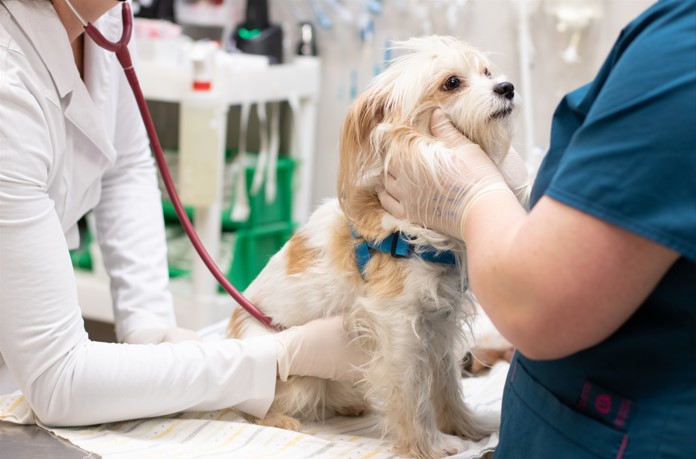The Brant County SPCA has received a $60,000 grant from PetSmart Charities of Canada™ to address challenges in accessing veterinary care for pet owners living in Six Nations.
Rising costs combined with geographical barriers have left many communities out of the veterinary care system altogether. This grant program supports innovative and culturally relevant veterinary programs focused on Indigenous communities, which have been historically excluded from veterinary care.
Early in 2023, PetSmart Charities of Canada, the top funder of animal welfare in the country, announced an $18 million commitment over the next five years toward improving access to veterinary care. The “Incubator” grant program, focused on changing how to support veterinary care in historically excluded Indigenous communities, is a significant pillar of that commitment.
“We’re committed to our local community and ensuring all pet lovers can enjoy the unconditional love of a pet. We’ve been collaborating with community leaders in Six Nations and the Six Nations Food Bank for years providing pet food and resources to support pet owners. We’re looking forward to continuing to work alongside local community leaders and veterinarians to help create community-driven solutions to overcome barriers to veterinary care,” explained Robin Kuchma, executive director of the Brant County SPCA.
Many of the calls the Brant County SPCA receives on a weekly basis are from people who love their pets but are faced with rehoming them because they cannot afford veterinary care or treatment. All pet owners want the best for their pets, Kuchma goes on to share, “We’re
committed to doing all that we can, with the resources we have, to keep families together and prevent families from having to rehome their pets.”
While nearly 60% of Canadian households include pets, access to basic veterinary services has not kept pace. This is particularly felt in Indigenous communities that have additional barriers beyond cost, including cultural barriers and a lack of veterinary services in the vicinity. In Indigenous regions, pets play important roles in their communities, but accessing resources to keep animals healthy can be challenging.
With reconciliation considerations integrated into the approach, grantees will build relationships and assess specific needs before helping to design long-term veterinary services. This ensures that communities that have been left out are deliberately included in deciding how and when they will access the healthcare they need for their pets.
“Nearly 1 in 5 Canadians struggle to access even basic preventative care such as spay/neuter procedures, vaccinations and annual exams,” said Kate Atema, director of community grants and initiatives at PetSmart Charities of Canada. “While this issue affects families in nearly every community, those who have been historically excluded from human social services are most in need of pet services. We’re proud to support an innovative approach that meets the unique needs identified by those with lived experiences that have struggled to gain access to veterinary care themselves.”
